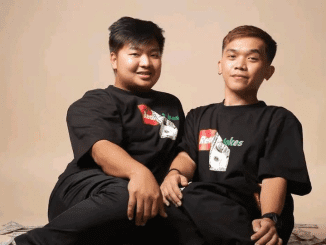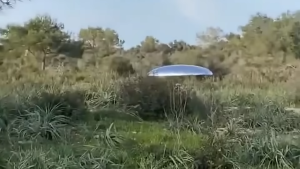In a move that has sent shockwaves through political circles and the general public alike, billionaire entrepreneur Elon Musk has made a surprising and controversial intervention in the Wisconsin Supreme Court election. His decision to award $1 million each to two randomly selected voters has sparked a nationwide debate on election ethics, voter motivation, and the influence of wealth in democratic systems.
While Musk’s defenders see this act as an innovative way to energize civic engagement, critics warn of the dangerous precedent it may set. With the eyes of the nation fixed on Wisconsin—where judicial rulings could affect future federal decisions—the stakes have never been higher.
The Big Move: $2 Million and a Message

In the weeks leading up to the highly contentious election, Musk announced via social media platform X (formerly Twitter) that he would personally fund a $2 million voter giveaway. His message was clear: “To encourage voter participation in the Wisconsin Supreme Court race, I will award $1 million each to two randomly selected voters who cast a ballot—regardless of who they vote for.”
The announcement was met with both applause and alarm. Musk, already known for disrupting industries from space to finance, had now entered the realm of American democracy in a way no billionaire had before.
The Election at Stake: Why Wisconsin Matters
The Wisconsin Supreme Court race isn’t just a local affair—it’s a judicial battlefield with national implications. The court has been at the center of major rulings on election laws, redistricting, abortion access, and voting rights. With the ideological balance of the court hanging by a thread, this race could tip future decisions in either a conservative or progressive direction.
Former President Donald Trump and his allies are paying close attention. Judicial appointments in key states like Wisconsin play a crucial role in shaping the legal environment ahead of the 2024 presidential election. That context makes Musk’s involvement even more impactful—and more controversial.
Public Reaction: Applause, Outrage, and Legal Questions
Musk’s action quickly divided public opinion.
Supporters argue that his move is a brilliant way to increase voter turnout in a nation where apathy often runs high during state and local elections. “He didn’t tell people how to vote,” one voter in Milwaukee said. “He just made it more exciting to vote.”
Others see it as a clever use of private wealth to support democracy. “In a system where corporations pour millions into political ads, why not reward the people actually voting?” asked a political science professor at the University of Wisconsin.
Critics, however, raised serious concerns. Election integrity watchdog groups warned that the offer of money—even randomly awarded—could be interpreted as voter manipulation. Some even questioned the legality of the move under state and federal election laws.
“This is uncharted territory,” said a former Federal Election Commission attorney. “We’ve never had someone of Musk’s wealth offer cash prizes for voting. It raises ethical red flags, even if no laws were directly broken.”
Legal and Political Ramifications
At the time of publication, the Wisconsin Elections Commission has not taken formal action against Musk. However, officials have confirmed that they are reviewing the situation to determine whether the offer violates any state election statutes.
Meanwhile, political leaders from both parties have weighed in. Some Democratic figures praised the innovation, while others distanced themselves, fearing backlash. Republican leaders, particularly those aligned with Trump, condemned the act as “an outrageous attempt to buy influence through sensationalism.”
The controversy is likely to fuel conversations at the national level, especially as other states prepare for key elections and political operatives watch closely for how Musk’s move affects turnout and judicial outcomes.
Musk’s Statement: Democracy Meets Incentive
In a follow-up post on X, Elon Musk defended his decision:
“Incentivizing civic participation is not corruption—it’s encouragement. Every vote counts. Every voter matters.”
He added that he hopes this idea will “spark new methods to energize democracy,” especially among younger and less politically engaged populations.
A New Era of Civic Engagement or a Dangerous Path?
As Wisconsin voters head to the polls, the impact of Musk’s $2 million giveaway remains to be seen. Will it meaningfully increase turnout? Will it influence future elections? Or will it provoke a tightening of election laws to restrict private incentives?
What’s clear is that Elon Musk has once again disrupted the status quo—this time not in tech or space, but in the heart of American democracy. Whether hailed as a visionary or vilified as a meddler, his presence in the electoral arena may mark the beginning of a new—and unpredictable—era.


